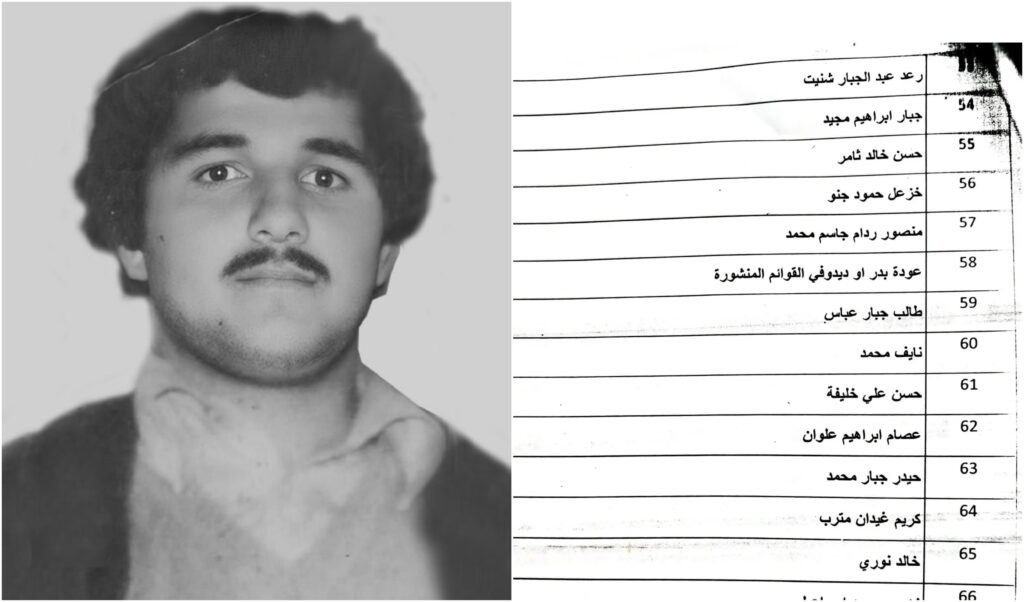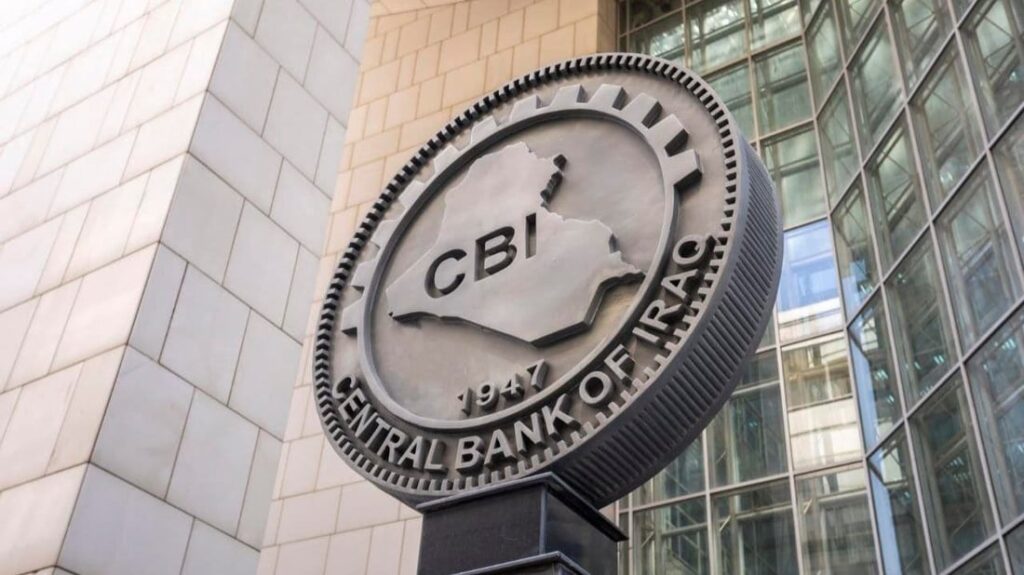Kurdistan, Fr. Samir: 'We hostages of Erdogan's war on the Pkk'

After the Zakho massacre that cost the lives of 9 tourists the testimony of a parish priest who lives in the mountains of the region where the raids take place. "Every week there are people dying from these bombings, I too have been in danger of being hit. Ankara must be stopped."
Milan (AsiaNews) - "Erdogan tries to make Ukraine and Russia make peace and then bombs our people here in Iraq...." This is the bitter tale from Kurdistan, shared by Fr. Samir Youssef, pastor of Enishke in the Amadiya diocese. AsiaNews has supported the priests work in favour of the Christian refugees who fled now eight years ago from Mosul under the threat of Isis and who in large numbers still live in these mountains. But his parish is also very close to the border between Turkey and Kurdistan, where Erdogan's new offensive in his war on Kurdish Pkk militias has been raging for months, and just an hour's drive from Zakho, the scene Wednesday of the massacre of tourists at a resort park that left nine dead, including three little girls, one of them only 11 months old.
"These are very beautiful areas, there are rivers and waterfalls in these mountains," says Fr. Samir. "During the pandemic, tourism had been at a standstill, but for the past few months the situation had changed. Especially in the last few days with the Eid festival thousands of people had arrived. Iraqis who had come from the south, from Baghdad and Basra, to escape the heat that is also particularly intense here in these weeks. And then also from abroad: Arabs from the Gulf. Now nine of them have returned home dead and there is no one left."
The area of the massacre had never been hit before. "In the videos circulated," Fr. Samir continues, "you can hear tourists seeing the smoke coming from the mountains asking if it is safe to be there and the guides answer that it is only higher up, as always. Immediately afterwards artillery shells arrive at that very spot." Iraqi authorities speak of 155 mm shells fired by the Turkish army, Ankara denies it, UN Secretary General Antonio Guterres has called for a "thorough investigation." But meanwhile, in the mountains above Zakho, firing has continued over the past two days, despite civilian casualties.
"The Turks are shelling everywhere in our mountains," comments the Chaldean priest. "Every week we have two, three, ten people dying, it has also happened in our district of Amadiya. The Pkk militias move over these mountains in their cars without license plates, they go down to the villages to get food. And to hit them the Turks don't care about the presence of civilians. Once I was returning after celebrating Mass in a village and they stopped my car armed. They forced me to pick them up to take them to buy food. During that ten-minute drive I prayed 40 or 50 Hail Marys: my legs were shaking in the sky there are always Turkish planes and drones flying around looking for them. If they had spotted us they would have definitely bombed us. Another time they hit them at a gas station where I had recently transited: when I came back there was not even a road left."
The weakness of Iraqi institutions--exacerbated today by the internal Shiite power struggle between Moqtada al Sadr's movement and the pro-Iranians of former Prime Minister Nouri al Maliki--is certainly not helping to address the problem. "Today everyone in Iraq is condemning Turkey for the attack," says Fr. Samir, "but what has been done so far? In Saddam's time Ankara could not do anything here. Then in 1991 came the second Gulf War, with the United States allowing the Turkish army to enter Kurdistan with its own bases in exchange for the possibility of using the Incirlik air base. The result is today's situation. With the added problems over water management-Turkey has built four huge dams that are draining the Tigris and Euphrates rivers. I am certainly not saying that we regret Saddam," the Iraqi priest points out, "but Ankara must be stopped nonetheless.
In spite of a thousand difficulties, the activity of the parish of Enishke still goes on: "We still have many problems with electricity that comes and goes," explains Fr. Samir. "And then even here we feel the consequences of the war in Ukraine: prices have skyrocketed. We distribute the aid we were able to buy thanks to AsiaNews' subscription. Then these weeks we are holding a summer camp with the children and catechists in our pastoral center. A sign of hope for the future."
WOULD YOU LIKE TO HELP CHRISTIANS LIVING IN THE MOUNTAINS OF KURDISTAN THROUGH ASIANEW'S "ADOPT A CHRISTIAN FROM MOSUL" CAMPAIGN?
FOLLOW THIS LINK
FIND OUT ABOUT ALL OF ASIANEWS' CURRENTLY ACTIVE SOLIDARITY CAMPAIGNS ON HERE


